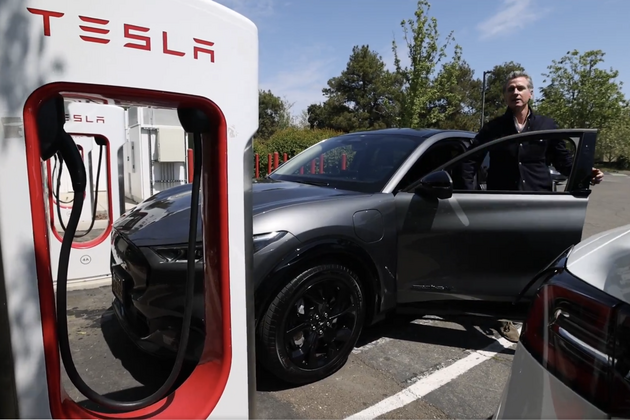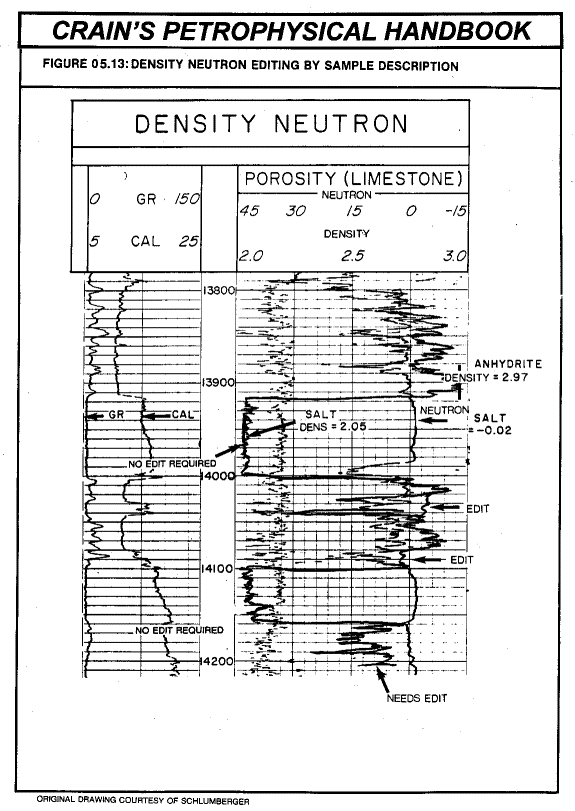EV Mandate Opposition: Car Dealers Renew Their Fight

Table of Contents
Economic Viability and Infrastructure Concerns
Dealerships are facing substantial economic hurdles in adapting to the rapid increase in EV mandates. The key concerns revolve around the high upfront investment costs for EV infrastructure and the uncertain return on investment (ROI) in a market still dominated by gasoline-powered vehicles.
-
High Upfront Investment Costs: Converting existing dealerships to accommodate EV sales requires significant investment in charging infrastructure. This includes installing various types of chargers (Level 2 and DC fast chargers), upgrading electrical grids, and potentially expanding service bays to handle EV-specific repairs. These costs can range from tens of thousands to hundreds of thousands of dollars, depending on the size of the dealership and the charging infrastructure required.
-
Limited Consumer Demand: In many regions, consumer demand for EVs remains relatively low compared to gasoline and hybrid vehicles. This means dealerships face the risk of investing heavily in EV infrastructure only to see limited returns on their investment, particularly in rural areas with lower EV adoption rates.
-
Lack of Government Support: Dealers argue that government support for EV infrastructure development is insufficient. Incentives for dealerships to invest in charging stations, coupled with broader infrastructure development programs, could significantly alleviate the financial burden and encourage wider EV adoption.
-
Regulatory Uncertainty: The ever-changing landscape of EV regulations creates further financial risks. Dealerships are hesitant to make substantial investments when future mandates and regulations are uncertain, making long-term financial planning difficult.
-
Uncertain ROI: The return on investment for EV infrastructure is uncertain, particularly in regions with low EV adoption rates. Dealerships need clear and consistent government policies and substantial consumer demand to ensure a profitable transition to EV sales.
Consumer Demand and Market Readiness
A major argument against the current pace of EV mandates centers on the question of market readiness and consumer demand. While EV sales are increasing, significant hurdles remain before EVs can replace gasoline vehicles entirely.
-
Strong Preference for Gasoline and Hybrids: Consumer preference for gasoline and hybrid vehicles remains strong, particularly in specific segments of the market such as pickup trucks, SUVs and large vehicles. The limited range and higher purchase price of many EVs are factors contributing to this preference.
-
Range Anxiety and Charging Infrastructure Limitations: Range anxiety—the fear of running out of battery charge before reaching a charging station—is a significant barrier to EV adoption. This concern is exacerbated by the current limitations in charging infrastructure, especially in rural areas and during peak travel times.
-
High Initial Cost of EVs: The relatively high initial cost of EVs compared to gasoline-powered cars limits their accessibility for a significant portion of the population, creating a barrier to wider adoption.
-
Lack of Awareness and Education: Many consumers lack awareness and education regarding EV technology, benefits, and charging practices. Targeted educational campaigns could help address these knowledge gaps and stimulate EV demand.
-
Limited Model Diversity: The current range of EV models available is still relatively limited, especially compared to the variety of gasoline and hybrid vehicles. More diverse models with varied price points and features would attract a wider range of consumers.
Impact on Rural Dealerships
Rural dealerships face disproportionately greater challenges in meeting EV sales quotas due to the significant gap in charging infrastructure and lower consumer demand in these areas. The economic viability of EV sales is severely impacted by the lack of government support for expanding charging networks to rural communities, creating an uneven playing field.
Political and Regulatory Landscape
The fight against EV mandates involves intense political lobbying and regulatory maneuvering. Dealerships are actively engaged in advocating for more realistic and gradual implementation of EV regulations.
-
Active Lobbying Efforts: Dealerships, through their associations, are actively lobbying against overly stringent EV mandates, highlighting the economic and practical challenges involved.
-
Dynamic Political Climate: The political landscape surrounding EV regulations is dynamic and contentious, with varying levels of support for rapid EV adoption depending on political affiliation and regional priorities.
-
Concerns about Industry Competitiveness: Concerns are being raised about the potential impact of overly aggressive mandates on the competitiveness of the domestic automotive industry. A rapid shift to EVs without addressing economic and infrastructural challenges may negatively impact jobs and economic growth.
-
Varied State and Regional Approaches: Different states and regions have vastly different approaches to EV adoption and regulations, creating a complex regulatory landscape that adds to the difficulties faced by dealerships in meeting quota demands.
Conclusion
The renewed opposition to EV mandates from car dealers underscores the significant economic, infrastructural, and consumer-related challenges associated with a rapid transition to electric vehicles. Addressing these concerns through collaborative efforts between government, industry, and consumers is crucial for a successful and sustainable shift towards electric mobility. Understanding the complexities of EV mandate opposition is critical for shaping effective automotive policies. Ignoring these concerns risks hindering the long-term success of the electric vehicle market and jeopardizing the economic stability of dealerships across the country. A balanced approach that considers both environmental goals and economic realities is vital to navigating this crucial transition. We need to engage in a constructive dialogue to find solutions that work for all stakeholders involved in the EV mandate debate.

Featured Posts
-
 Dunedins Kiwi Rail Hillside Site A 127 Million Investment Unveiled
May 23, 2025
Dunedins Kiwi Rail Hillside Site A 127 Million Investment Unveiled
May 23, 2025 -
 Analysis Newark Airports Air Traffic Problems And The Impact Of A Past Policy
May 23, 2025
Analysis Newark Airports Air Traffic Problems And The Impact Of A Past Policy
May 23, 2025 -
 Deciphering Big Rig Rock Report 3 12 And Laser 101 7 Data
May 23, 2025
Deciphering Big Rig Rock Report 3 12 And Laser 101 7 Data
May 23, 2025 -
 Edinburgh To Host Tour De France Grand Depart In 2027
May 23, 2025
Edinburgh To Host Tour De France Grand Depart In 2027
May 23, 2025 -
 Internet Reacts Kermit The Frog As Umds 2025 Commencement Speaker
May 23, 2025
Internet Reacts Kermit The Frog As Umds 2025 Commencement Speaker
May 23, 2025
